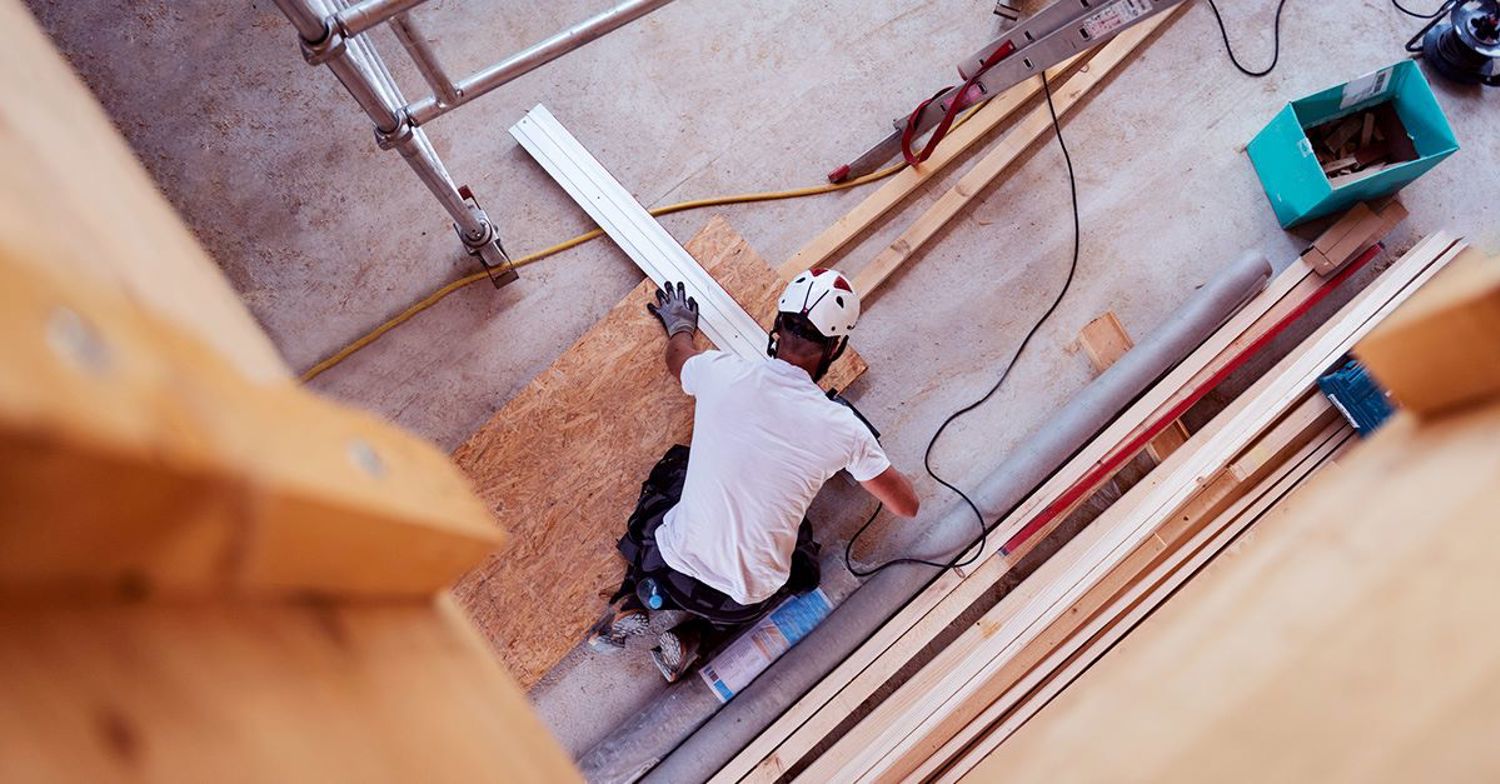Video-surveillance
As a private citizen you might want to use video-surveillance on your property or close to your home or vehicle.

Video-surveillance at home
The rules of the GDPR does not apply when using video-surveillance in your home.

What is a personal data controller?
What does it mean being the controller of personal data?

Video-surveillance for organisations
Organisations that use video-surveillance need to comply with the GDPR and the Camera Surveillance Act.
About the information on this page
If the information in English is different from the Swedish version of this page, the Swedish version applies.
Latest update: 12 June 2025
Page labels
Camera surveillance